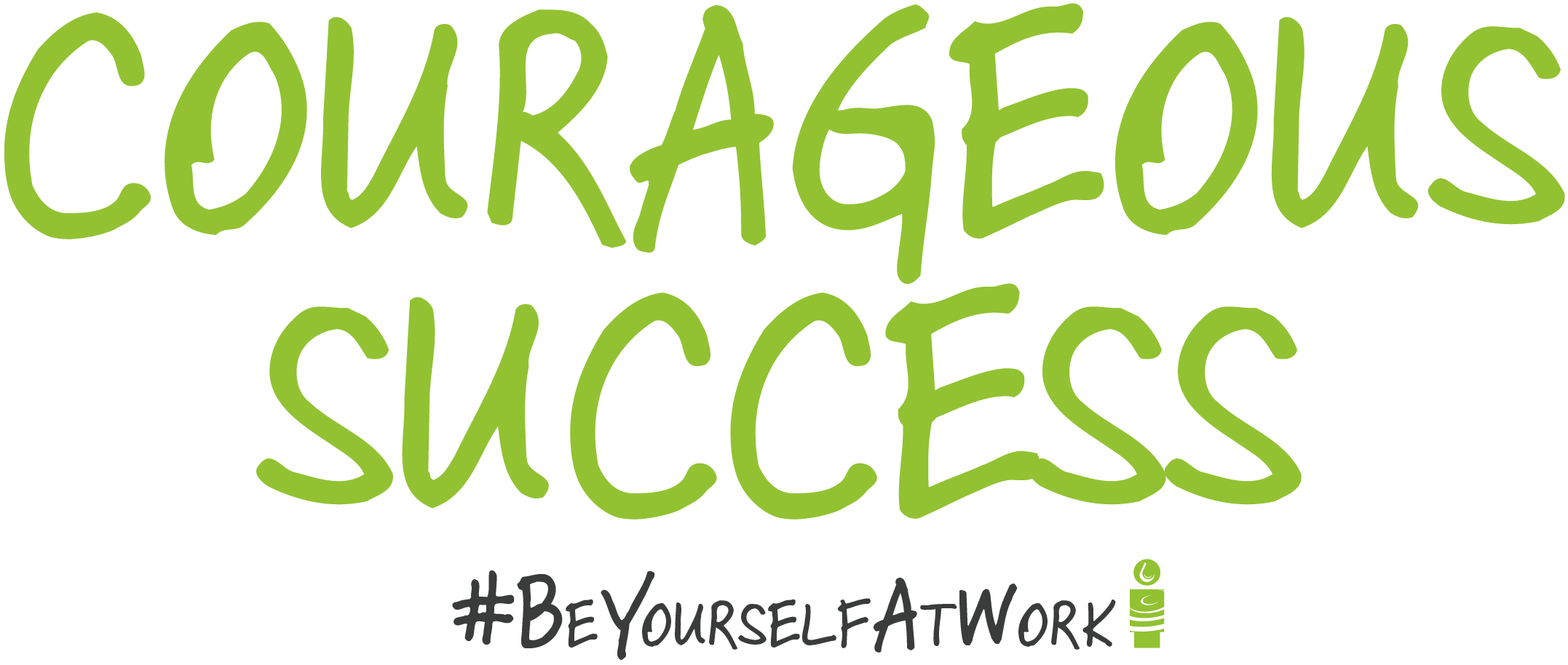‘I still have impostor syndrome.’ Michelle Obama
A BBC news headline reporting Michelle Obama’s recent interviews in the UK to promote the publication of her latest book ‘Becoming’.
We’ve talked about Imposter Syndrome before ( a survey earlier this year showing that 2/3rds of women experience it at work) and here it is in the news again. It is that common. Whilst speaking to an audience of 300 students at Elizabeth Garrett Anderson School in Islington as part of her book tour, Obama was asked how she felt to be seen as a “symbol of hope”, and she said: “I still have a little [bit of] impostor syndrome, it never goes away.”
Imposter syndrome is that feeling of self-doubt, lack of self-confidence and insecurity, that creeping or sudden fear about our skills and abilities, forgetting we have them and thinking ‘I’m going to get found out’, caused by negative beliefs about ourselves and our abilities.
Michelle Obama clearly knows this, as she gave this powerful message to the audience; ”my advice to young women is that you have to start by getting those demons out of your head. The questions I ask myself – ‘am I good enough?’ – that haunt us…’’
We know, from our work with so many clients across the globe, that we all have times when we doubt ourselves, irrespective of our sex, job role, life-stage, or celebrity!
Courageous Success global leadership research shows that 88% of leaders agree that: I have times when I doubt myself.
When feeling like this we can often look outside of ourselves to find our confidence, or rely on strategies such as perfectionism, control and micro management, to help us cope and feel better. However these strategies can keep us on the treadmill of never feeling quite good enough.
Looking inside of ourselves for confidence and nurturing the habit of thinking positively about ourselves are key to maintaining self-belief and getting rid of imposter syndrome.
Michelle Obama has shared a unique form of reassurance for anyone experiencing the self-doubt that she says she knows well;
“I have been at just about every table of power, corporate boards, non-profits, the UN. The secret is … they are not that smart! There are plenty of hardworking and talented people, but their ideas are no more exciting. They need our voices at the table to fix things.”
Building confidence and self-belief from within means not listening to those negative messages and doubts.
At Courageous Success we know that the best person that you can be is yourself, and if you choose to think more constructively and positively about yourself and situations, you will build inner strength, belief and resilience. Here are some tips to help beat Imposter Syndrome at work:
- Write down what makes you good at your job and keep them front of mind, using the positive energy to fuel your confidence.
- At the end of each day, list three things that went really well because of you.
- Don’t rely on knowledge and data totally to do your job, trust yourself too.
- Recognise your strengths and play to them.
- Be kind to yourself and others, don’t waste time beating yourself up about things.
- Believe in and see the best in others, and yourself.
- Use your heart and your kind actions, to support your self-esteem and know that the very best person you can be is yourself.
#BeYourselfAtWork
